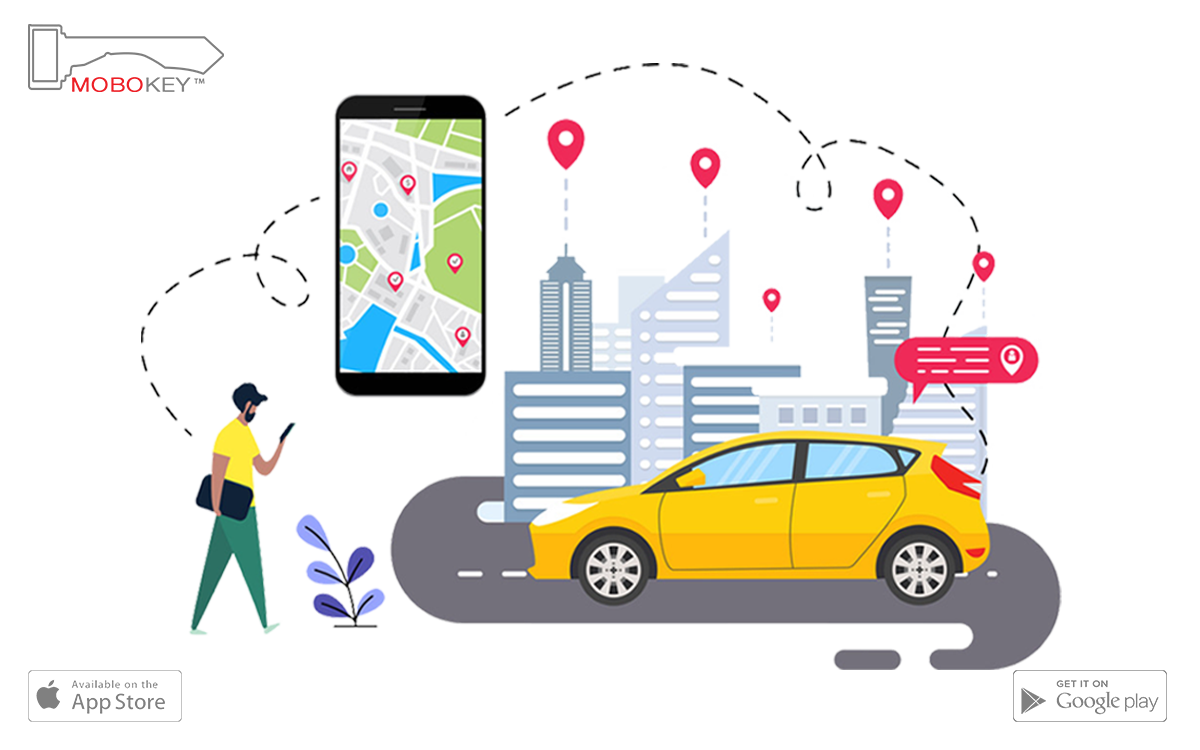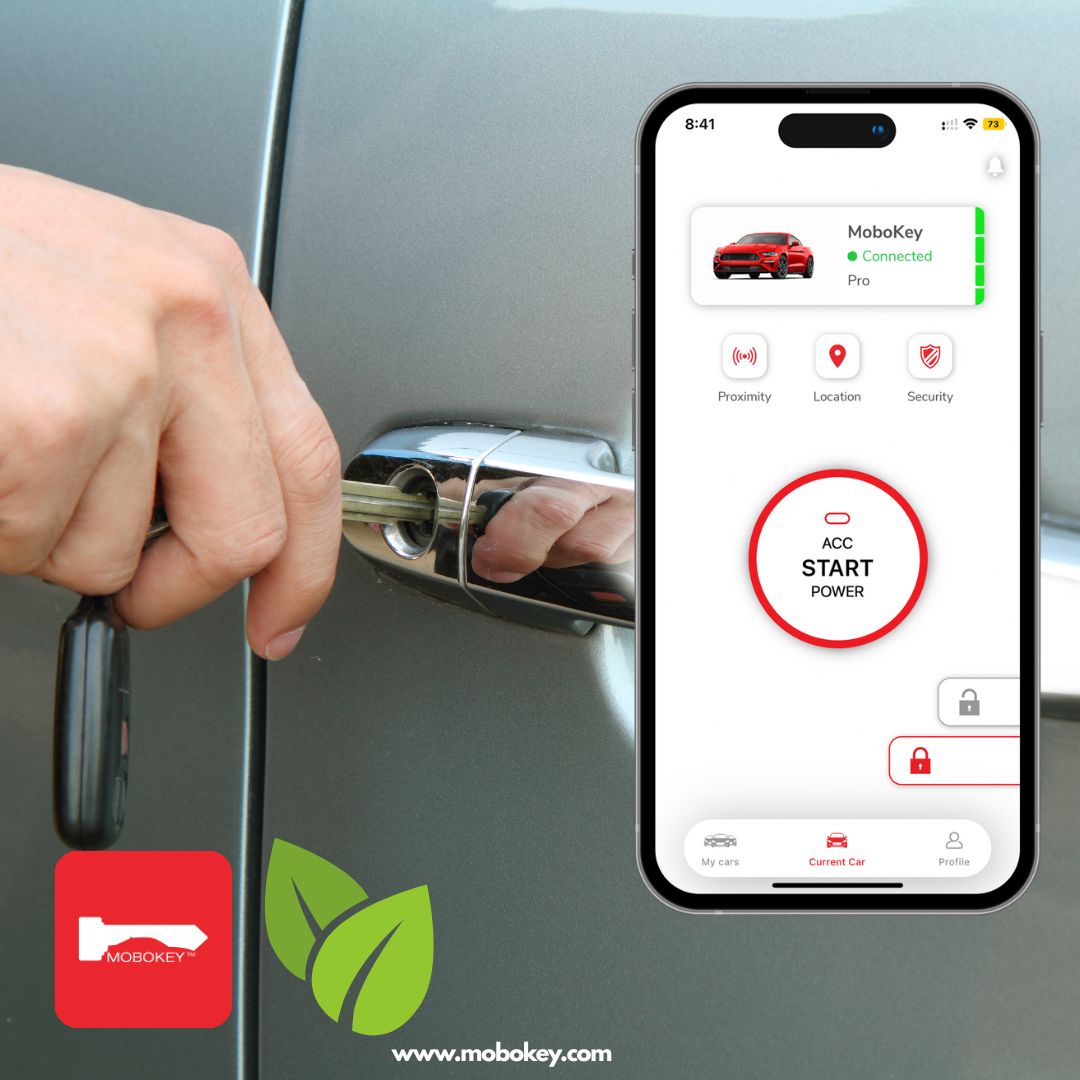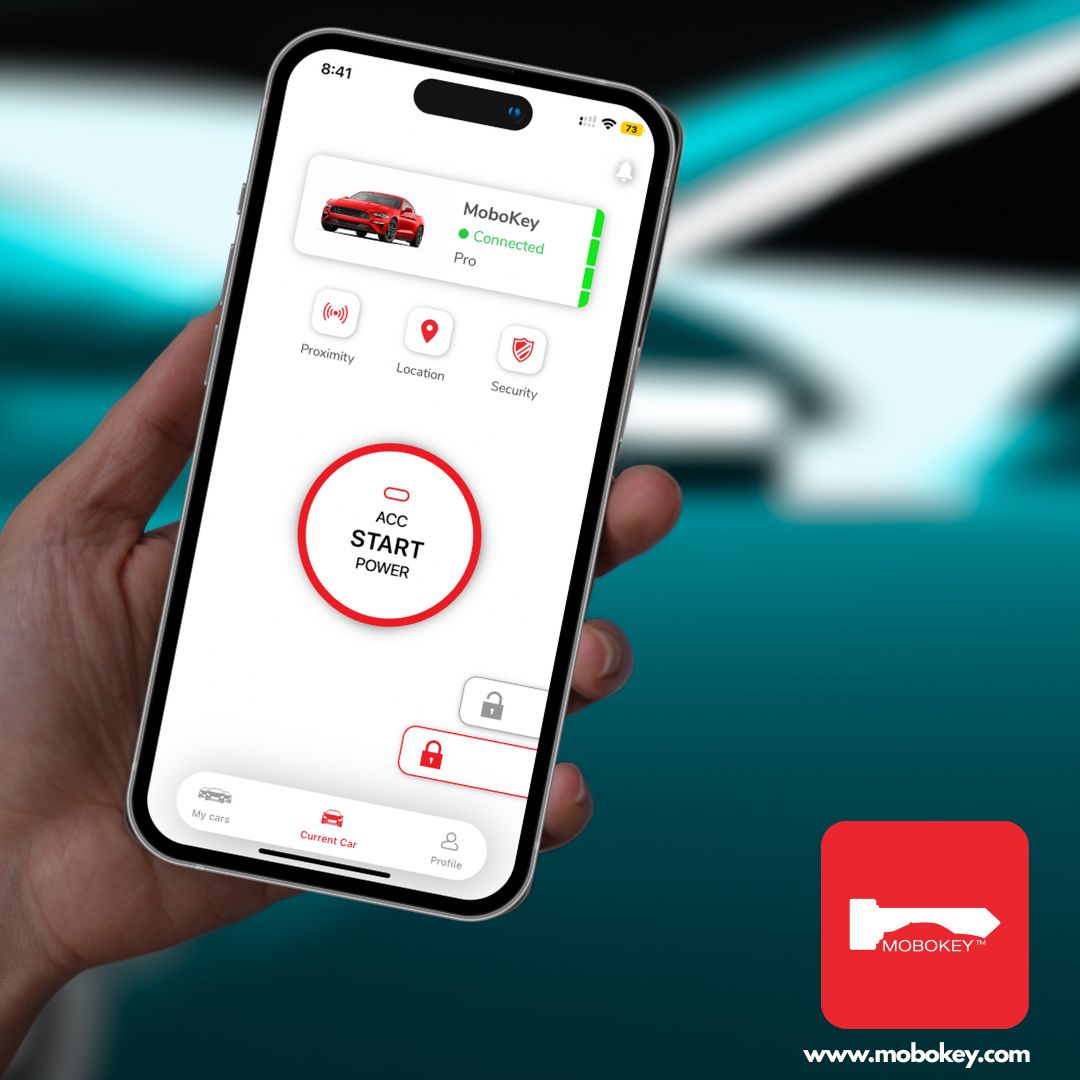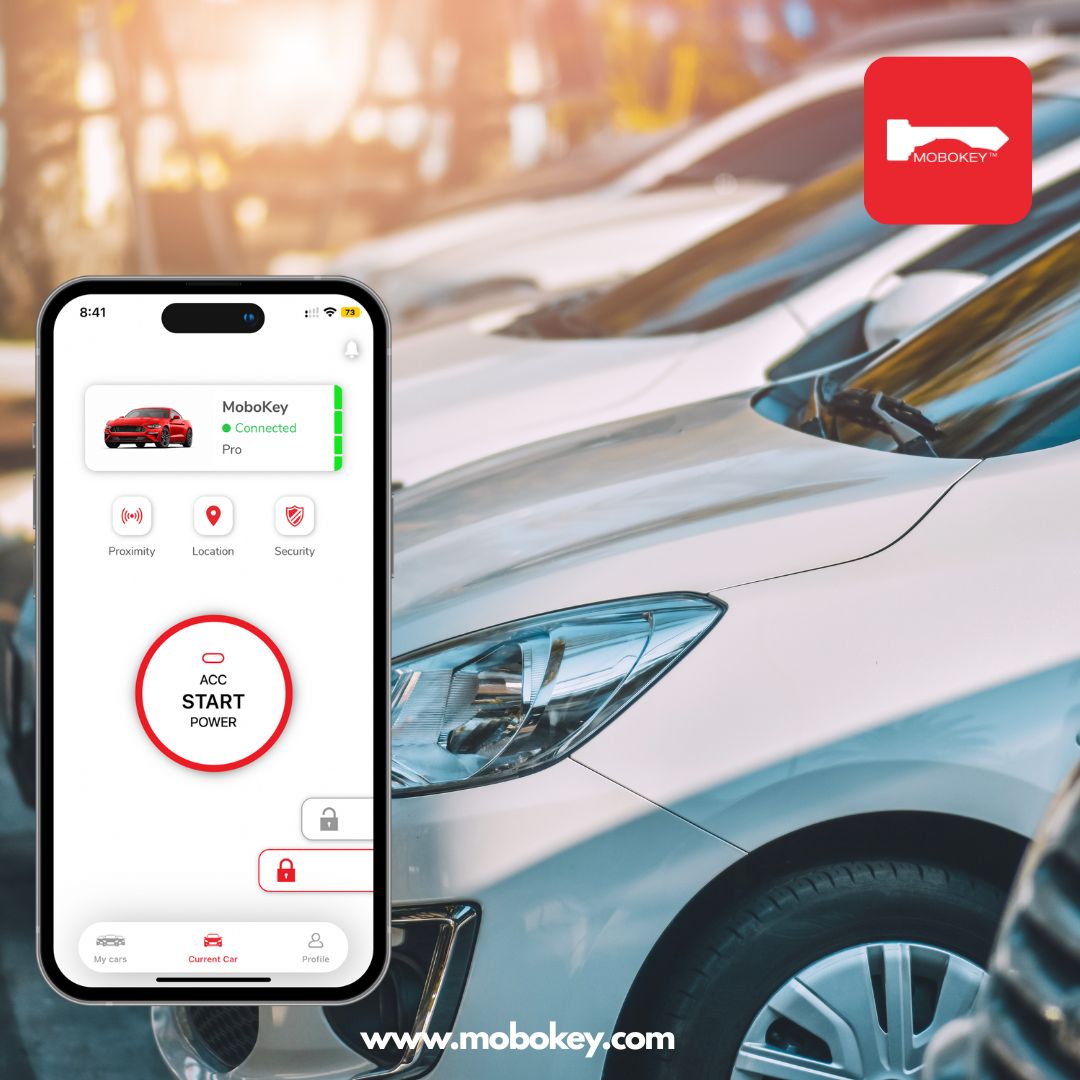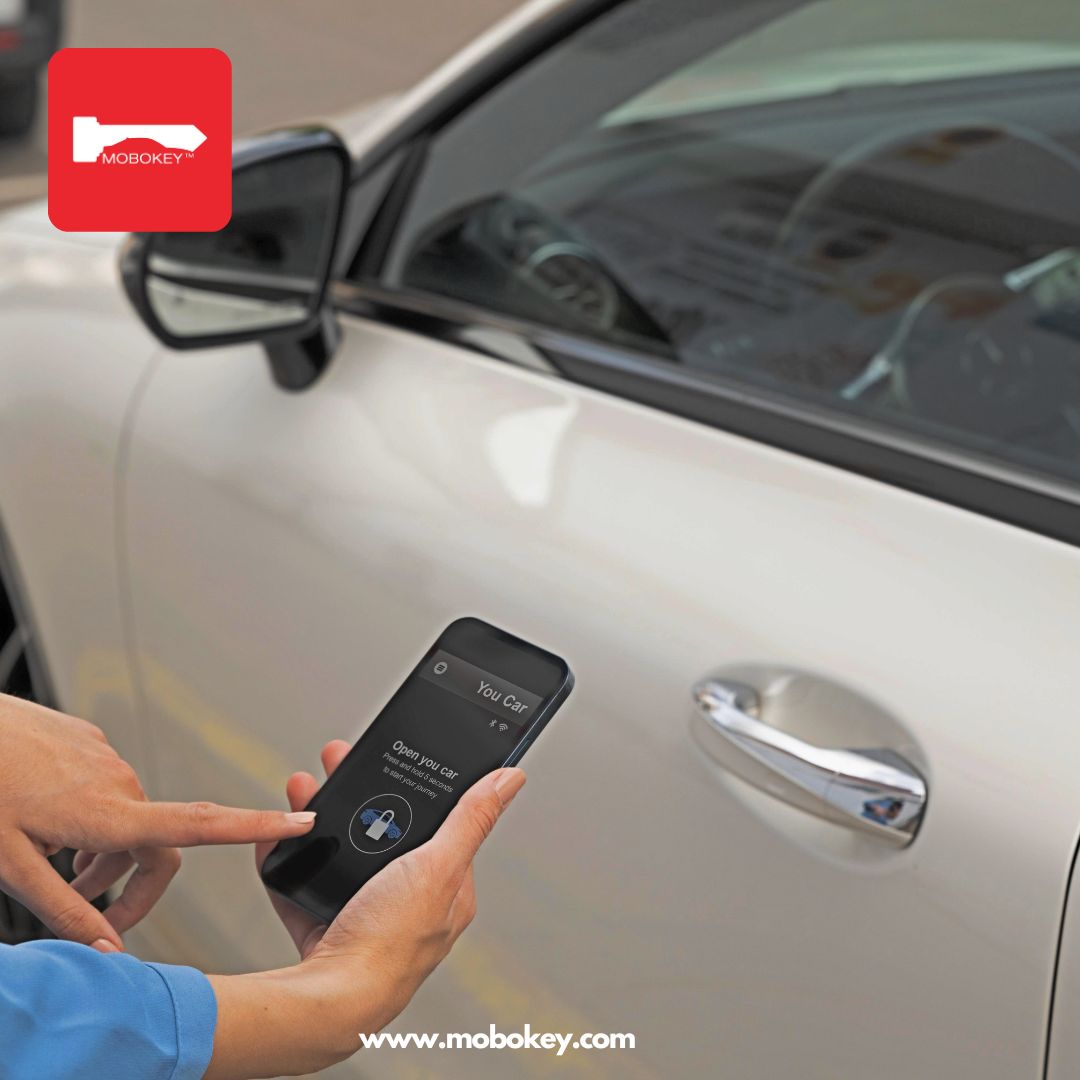We see a change from private mobility and ownership to service use. As there is a growth of car-sharing services as a new and more sustainable way of transportation. With the emerging importance of this type of mobility, a large number of papers are present in the scientific literature. Extensive analyses classify the research and determine the mainstream.
Car Sharing Definitions
- Roundtrip car sharing: Allows members hourly access to a vehicle from a dedicated location. After the trip is over the car is returned to that same location.
- One-way station-based: The vehicle returns to a dedicated or reserved parking location. BlueLA offers such a service.
- One-way free-floating: In this case, the car can be parked anywhere within a certain area. Examples of such services include Car2Go and Zipcar.
- Peer-to-Peer (P2P): The sharing of privately-owned vehicles in which companies broker transactions among car owners and renters by providing the organizational resources needed to make the exchange possible (i.e., online platform, customer support, driver and motor vehicle safety certification, auto insurance, and technology). Examples of such services include Turo and Getaround.
* These definitions incorporate language from the Transportation Sustainability Research Center at the University of California – Berkeley
Top studies on Car Sharing
- Susan Shaheen with her peers, from UC Berkley in her research paper published in March 2020 discusses mobility-on-demand with a scholarly grasp on the topic. Here is the link: Mobility on Demand Planning and Implementation
- Another study by Francesco Ferrero discusses his analysis of 137 papers on car-sharing and how mobility is being transformed. He gives a very exclusive rundown of the trends. The perspectives of the literature show an unbalance between the literature related to the operational level and the economic, business development, and customer validation aspects. Here is the link: Car Sharing, a review
- The most interesting study that we found comes from China by Ying Hui & Lei Tang where she discusses the impact of car-sharing and how it has affected the buying trends of consumers. Here is the link: Case Study from Hangzhou, China
Conclusion
The most important thing that they were able to understand was the millennial mindset, they would share a vehicle rather than buy or lease it and probably this is what the future holds for automakers. Car-sharing services have become increasingly popular all over the world. Old operators have increased their fleets and approached new market places, and new operators have started their business. Furthermore, the growing attention in environmental issues involved increased attention in the usage of electric and hybrid vehicles. In addition, the development of information and communication technology (ICT) allowed the market penetration of new car-sharing models, such as free floating services. It has a positive impact on delaying private car purchasing, especially the frequency and the mode of its use.
You can start your car with a smartphone app now before it becomes common for everyone because it will become very soon. Try out MoboKey now. Order here!

